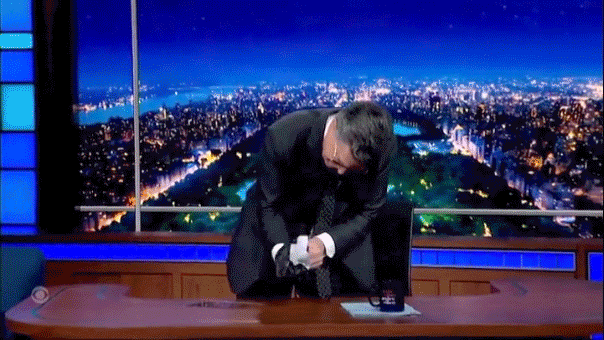Margin tightening in latest presidential race polls as Biden leads
A look at two national polls showing Democratic presidential nominee Joe Biden holding an upper-single-digit lead over President Trump.
The first New York mayor I remember growing up was John Lindsay, who hailed from what was called Manhattan’s Silk Stocking district.
He was also a Republican.
As, of course, was Rudy Giuliani. And Mike Bloomberg was a Republican when he succeeded Rudy.
Richard Riordan was a Republican mayor of Los Angeles. George Voinovich was a Republican mayor of Cleveland. Pete Wilson and Roger Hedgecock were Republican mayors of San Diego. Jim McConn was a Republican mayor of Houston.
BIDEN BANKS ON FAMILIAR IMAGE IN BATTLE OVER URBAN VIOLENCE
Nowadays, not so much. With some exceptions, such as Miami, the Democratic Party pretty much has a lock on big-league city halls. (And even some of the Republicans--including Bloomberg and Lindsay--later became Democrats.)
This phenomenon, driven in part by demographics, is now front and center as President Trump and Joe Biden trade incendiary charges over who is to blame for a continuing wave of urban riots.
Trump, who just visited Kenosha, routinely refers to Democrat-run cities, blames the scourge of violence on such Democratic mayors as Ted Wheeler in Portland, Jenny Durkan in Seattle and Jacob Frey in Minneapolis. Biden, who goes to Kenosha today, avoids talking about these mayors while charging Trump with exploiting the violence for political gain.
Cities bear the brunt of major American problems: poverty, substandard schools, gang warfare, drug dealing, crumbling infrastructure, segregation. Many people escaped to the suburbs in recent decades, leaving behind urban cores that are poorer, blacker and, politically speaking, easier to ignore.
That’s especially true because so many cities automatically vote Democratic in presidential elections, leading Republicans mainly to focus on suburban and rural areas.
The New York Times has an intriguing take, saying “Republicans have largely given up” on the cities, and from the Trump vantage point, “rural and suburban problems in America today are national problems — but urban problems are Democratic problems.”
The article argues that Democratic mayors don’t get credit for a quarter-century decline in the crime rate (before a recent surge), while Republican county executives don’t take heat for a surge in opioid deaths. (Reality check: Bill deBlasio, Eric Garcetti, Lori Lightfoot and the rest are national figures who govern the largest populations, while suburban and small-town officials are far less known.)
The paper cites studies finding Democratic mayors tend to spend a bit more than their GOP counterparts but there is not much difference in the outcome.
SUBSCRIBE TO HOWIE'S MEDIA BUZZMETER PODCAST, A RIFF OF THE DAY'S HOTTEST STORIES
The Times has a valid point that those who run cities are often boxed in: “Mayors are constrained in their ability to execute ideological agendas. Cities can’t run deficits. States limit their authority to raise taxes and enact laws on many issues. And cities lack the power the federal government has to shape labor laws, or immigration policies that can affect their population growth.”
Finger-pointing between presidents and mayors is nothing new in American politics. After Katrina, liberals blamed George W. Bush for the catastrophe and conservatives heaped scorn on New Orleans’ Democratic mayor and Louisiana’s Democratic governor. And Trump last year called Baltimore “a disgusting, rat- and rodent-infested mess” when he was feuding with a congressman from the city.
The reality today is that mayors, whatever their limited powers, have primary responsibility for keeping their streets safe. If their police departments are overwhelmed, they can ask for the National Guard or other federal help--though that is increasingly intertwined with politics.
When New York and Washington were struck on 9/11, no one said that was an issue for those cities; it was an attack on the United States. Urban problems are in fact, American problems, and once the election is over, Republicans as well as Democrats have a responsibility to help those who live there.









































